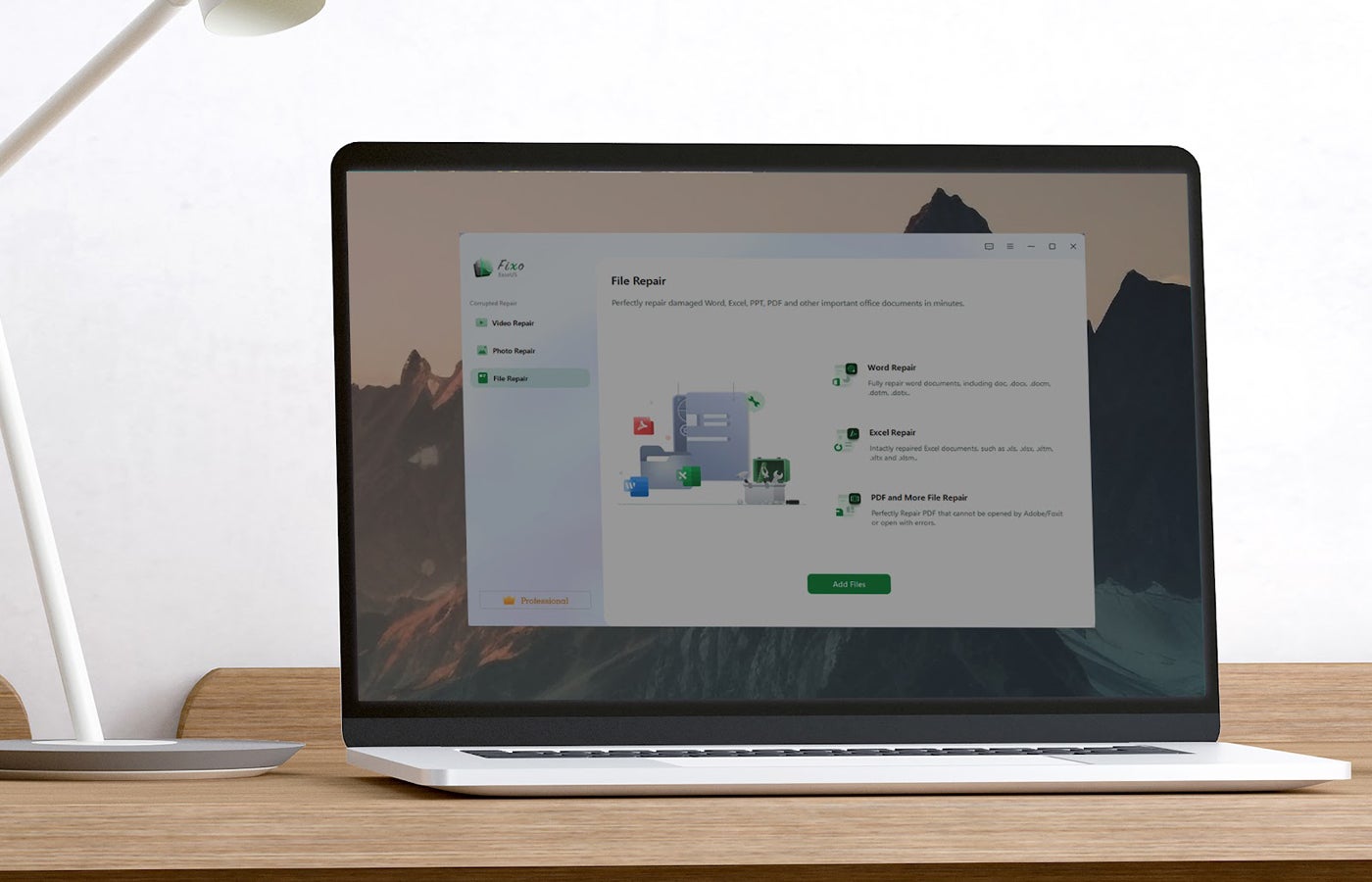
The
open
source
operating
system
distribution
OpenBSD
is
well-known
amongst
sysadmins,
especially
those
who
manage
servers,
for
its
focus
on
security
over
speed,
features
and
fancy
front-ends.
Fittingly,
perhaps,
its
logo
is
a
puffer
fish
–
inflated,
with
its
spikes
ready
to
repel
any
wily
hackers
who
might
come
along.
But
the
OpenBSD
team
is
probably
best
known
not
for
its
entire
distro,
but
for
the
remote
access
toolkit
OpenSSH
that
was
originally
created
in
the
late
1990s
for
inclusion
in
the
operating
system
itself.
SSH,
short
for
secure
shell,
was
originally
created
by
Finnish
computer
scientist
Tatu
Ylönen
in
the
mid-1990s
in
the
hope
of
weaning
sysadmins
off
the
risky
habit
of
using
the
Telnet
protocol.
The
trouble
with
Telnet
Telnet
was
remarkably
simple
and
effective:
instead
of
connecting
physical
wires
(or
using
a
modem
over
a
telephone
line)
to
make
a
teletype
connection
to
remote
servers,
you
used
a
TELetype
NETwork
connection
instead.
Basically,
the
data
that
would
usually
flow
back
and
forth
over
a
dedicated
serial
connection
or
dial-up
phone
line
was
sent
and
received
over
the
internet,
using
a
packet-switched
TCP
network
connection
instead
of
a
circuit-switched
point-to-point
link.
Same
login
system,
cheaper
connections,
no
need
for
dedicated
data
lines!
The
giant
flaw
in
Telnet,
of
course,
is
that
it
wasn’t
encrypted
at
all,
so
that
sniffing
out
your
exact
terminal
session
was
trivial,
allowing
crackers
to
see
every
command
you
typed
(even
the
mistakes
you
made,
and
all
the
times
you
hit
[Backspace]
every
byte
of
output
produced…
…and,
of
course,
your
username
and
password
at
the
start
of
the
session.
Anyone
on
your
network
path
could
not
only
easily
reconstruct
your
sysadmin
sessions
in
real
time
on
their
own
screen,
but
probably
also
tamper
with
your
session
by
modifying
the
commands
you
sent
to
the
remote
server,
and
even
faking
the
replies
coming
back
so
you
didn’t
notice
the
subterfuge.
They
could
even
set
up
an
imposter
server,
lure
you
to
it,
and
make
it
surprisingly
difficult
for
you
to
spot
the
deception.
Strong
encryption
FTW
Ylönen’s
SSH
aimed
to
add
a
layer
of
strong
encryption
and
authentication
to
each
end
of
a
telnet-like
session,
creating
a
secure
shell
(that’s
what
the
name
stands
for,
if
you’ve
ever
wondered,
although
almost
everyone
just
calls
it
ess-ess-aitch
these
days).
It
was
an
instant
hit,
and
the
protocol
was
quickly
adopted
by
sysadmins
everywhere.
OpenSSH
soon
followed,
with
its
first
version
coming
out
in
1999.
The
OpenBSD
team
wanted
to
create
a
free,
reliable,
open-source
implementation
of
the
protocol
that
they
and
anyone
else
could
use,
without
any
of
the
licensing
or
commercial
complications
that
had
encumbered
the
original
implementation
in
the
years
immediately
after
its
release.
Indeed,
if
you
run
the
Windows
SSH
server
and
connect
to
it
from
a
Linux
computer,
you’ll
almost
certainly
be
using
the
OpenSSH
implementation
at
both
ends.
The
SSH
protocol
is
also
used
in
other
popular
client-server
services
including
SCP
and
SFTP,
short
for
secure
copy
and
secure
FTP
respectively.
SSH
loosely
means,
“connect
Securely
and
run
a
command
SHell
at
the
other
end”,
typically
for
interactive
logins,
because
the
Unix
program
for
a
command
shell
is
usually
/bin/sh
SCP
is
similar,
but
for
CoPying
files,
because
the
Unix
file-copy
command
is
generally
called
/bin/cp
and
SFTP
is
named
in
much
the
same
way.
OpenSSH
isn’t
the
only
SSH
client-server
toolkit
in
town.
Other
well-known
implementations
include:
libssh2,
for
developers
who
want
to
build
SSH
support
right
into
their
own
applications;
Dropbear,
a
stripped-down
SSH
server
from
Australian
coder
Matt
Johnston
that’s
widely
found
on
so-called
IoT
(Internet
of
Things)
devices
such
as
home
routers
and
printers;
and
PuTTY,
a
popular,
free
collection
of
SSH-related
tools
for
Windows
from
indie
open-source
developer
Simon
Tatham
in
England.
But
if
you’re
a
regular
SSH
user,
you’ve
almost
certainly
connected
to
at
least
one
OpenSSH
server
today,
not
least
because
most
contemporary
Linux
distributions
include
it
as
their
standard
remote
access
tool,
and
Microsoft
offers
an
OpenSSH
client
and
a
server
as
official
Windows
features
these
days.
Double-free
bug
fix
OpenSSH
version
9.2
just
came
out,
and
the
release
notes
report
as
follows:
This
release
contains
fixes
for
[…]
a
memory
safety
problem.
[This
bug]
is
not
believed
to
be
exploitable,
but
we
report
most
network-reachable
memory
faults
as
security
bugs.
The
bug
affects
sshd
the
OpenSSH
server
(the
-d
suffix
stands
for
daemon,
the
Unix
name
for
the
sort
of
background
process
that
Windows
calls
a
service):
sshd:
fix
a
pre-authentication
double-free
memory
fault
introduced
in
OpenSSH
9.1.
This
is
not
believed
to
be
exploitable,
and
it
occurs
in
the
unprivileged
pre-auth
process
that
is
subject
to
chroot(2)
and
is
further
sandboxed
on
most
major
platforms.
A
double-free
bug
means
that
a
memory
block
you
already
returned
to
the
operating
system
to
be
re-used
in
other
parts
of
your
program…
…will
later
get
handed
back
again
by
a
part
of
the
program
that
no
longer
actually
“owns”
that
memory,
but
doesn’t
know
it
doesn’t.
(Or
handed
back
deliberately
by
code
that
knows
jolly
well
it
doesn’t
own
the
memory,
but
that
is
trying
to
provoke
the
bug
on
purpose
in
order
to
turn
a
vulnerability
into
an
exploit.)
This
can
lead
to
subtle
and
hard-to-unravel
bugs,
especially
if
the
system
marks
the
freed-up
block
as
available
when
the
first
free()
happens,
later
allocates
it
to
another
part
of
your
code
when
it
asks
for
memory
via
malloc(
and
then
marks
the
block
free
once
again
when
the
superfluous
call
to
free()
appears.
That
leaves
you
in
the
sort
of
situation
you
experience
when
you
check
into
a
hotel
that
says,
“Oh,
good
news!
We
thought
we
were
full
up,
but
another
guest
just
decided
to
check
out
early,
so
you
can
have
their
room.”
Even
if
the
room
is
neatly
cleaned
and
prepared
for
new
occupants
when
you
go
in,
and
thus
looks
as
though
it
was
properly
allocated
for
your
exclusive
use,
youstill
have
to
trust
that
the
previous
guest’s
keycard
did
indeed
get
correctly
cancelled,
and
that
their
“early
checkout”
wasn’t
a
cunning
ruse
to
sneak
back
later
the
same
day
and
steal
your
laptop.
Bug
fix
for
bug
fix
Ironically,
if
you
look
at
the
recent
OpenSSH
code
history,
you’ll
see
that
OpenSSH
had
a
modest
bug
in
a
function
called
compat_kex_proposal()
used
to
check
what
sort
of
key-exchange
algorithm
to
use
when
setting
up
a
connection.
By
the
way,
that’s
what
makes
this
a
so-called
network-reachable
pre-authentication
vulnerability
(or
pre-auth
bug
for
short).
The
double-free
bug
happens
in
code
that
needs
to
run
after
a
client
has
initiated
a
remote
connection,
but
before
any
key-agreement
or
authentication
has
taken
place,
therefore
it
can
be
triggered
before
any
passwords
or
cryptographic
keys
have
been
presented
for
validation.
In
OpenSSH
9.0,
compat_kex_proposal
looked
something
like
this
(greatly
simplified
here):
char *compat_kex_proposal(char *suggestion)
{
if (condition1) { return suggestion; }
if (condition2) { suggestion = allocatenewstring1(); }
if (condition3) { suggestion = allocatenewstring2(); }
if (isblank(suggestion)) { error(); }
return suggestion;
}
The
idea
is
that
the
caller
passes
in
their
own
block
of
memory
containing
a
text
string
suggesting
a
key-exchange
setting,
and
gets
back
either
an
approval
to
use
the
very
suggestion
they
sent
in,
or
a
newly-allocated
text
string
with
an
updated
suggestion.
The
bug
is
that
if
condition
1
is
false
but
conditions
2
and
3
are
both
true,
the
code
allocates
two
new
text
strings,
but
only
returns
one.
The
memory
block
allocated
by
allocatenewstring1()
is
never
freed
up,
and
when
the
function
returns,
its
memory
address
is
lost
forever,
so
there’s
no
way
for
any
code
to
free()
it
in
future.
That
block
is
essentially
abandoned,
causing
what’s
known
as
a
memory
leak;
over
time,
this
could
cause
trouble,
perhaps
even
forcing
the
server
to
shut
down
to
recover
from
memory
overload.
In
OpenSSH
9.1,
the
code
was
updated
in
an
attempt
to
avoid
allocating
two
strings
but
abandoning
one
of
them:
/* Always returns pointer to allocated memory, caller must free. */
char *compat_kex_proposal(char *suggestion)
{
char *previousone = NULL;
if (condition1) { return newcopyof(suggestion); }
if (condition2) { suggestion = allocatenewstring1(); }
if (condition3) {
previousone = suggestion;
suggestion = allocatenewstring2(); }
free(previousone);
}
if (isblank(suggestion)) { error(); }
return suggestion;
}
This
has
the
double-free
bug,
because
if
condition
1
and
condition
2
are
both
false,
but
condition
3
is
true,
then
the
code
allocates
a
new
string
to
send
back
as
its
answer…
…but
incorrectly
frees
up
the
string
that
the
caller
originally
passed
in,
because
the
function
allocatenewstring1()
never
gets
called.
The
passed-in
suggestion
string
is
memory
that
belongs
to
the
caller,
and
that
the
caller
will
later
free()
up
themselves,
leading
to
the
double-free
danger.
In
OpenSSH
9.2,
the
code
has
become
more
cautious,
keeping
track
of
all
three
possible
memory
blocks
used:
the
original
suggestion
(memory
owned
by
someone
else),
and
two
possible
new
strings
that
might
be
allocated
on
the
way:
/* Always returns pointer to allocated memory, caller must free. */
char *compat_kex_proposal(char *suggestion)
{
char *newone = NULL, *newtwo = NULL;
if (condition1) { return newcopyof(suggestion); }
if (condition2) { newone = allocatenewstring1(); }
if (condition3) {
newtwo = allocatenewstring2(); }
free(newone);
newone = newtwo;
}
if (isblank(newone)) { error(); }
return newone;
}
If
condition
1
is
true,
a
new
copy
of
the
passed-in
string
is
used,
so
the
caller
can
later
free()
their
passed-in
string’s
memory
whenever
they
like.
If
we
get
past
condition
1,
and
condition
2
is
true
but
condition
3
is
false,
then
the
alternative
suggestion
created
by
allocatenewstring1()
gets
returned,
and
the
passed-in
suggestion
string
is
left
alone.
If
condition
2
is
false
and
condition
3
is
true,
then
a
new
string
gets
generated
and
returned,
and
the
passed-in
suggestion
string
is
left
alone.
If
both
condition
2
and
condition
3
are
true,
then
two
new
strings
get
allocated
along
the
way;
the
first
one
gets
freed
up
because
it’s
not
needed;
the
second
one
is
returned;
and
the
passed-in
suggestion
string
is
left
alone.
The
manual
confirms
that
if
you
call
free(newone)
when
newone
is
NULL
then
“no
operation
is
performed”,
because
it’s
always
safe
to
free(NULL)
Nevertheless,
lots
of
programmers
still
robustly
guard
against
it
with
code
such
as
if (ptr) {
free(ptr); }
What
to
do?
As
the
OpenSSH
team
suggests,
exploiting
this
bug
will
be
hard
because
of
the
limited
privileges
that
the
sshd
program
has
while
it’s
still
setting
up
the
connection
for
use.
Nevertheless,
they
also
reported
it
as
a
security
hole
because
that’s
what
it
is,
so
make
sure
you’ve
updated
to
OpenSSH
9.2.
And
if
you’re
writing
code
in
C,
remember
that
no
matter
how
experienced
you
get,
memory
management
is
easy
to
get
wrong…
…so
take
care
out
there.
(Yes,
Rust
and
its
modern
friends
will
help
you
to
write
correct
code,
but
sometimes
you
will
still
need
to
use
C,
and
even
Rust
can’t
guarantee
to
stop
you
writing
incorrect
code
if
you
program
injudiciously!)









